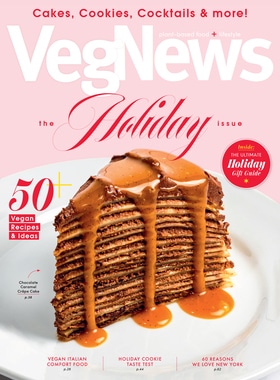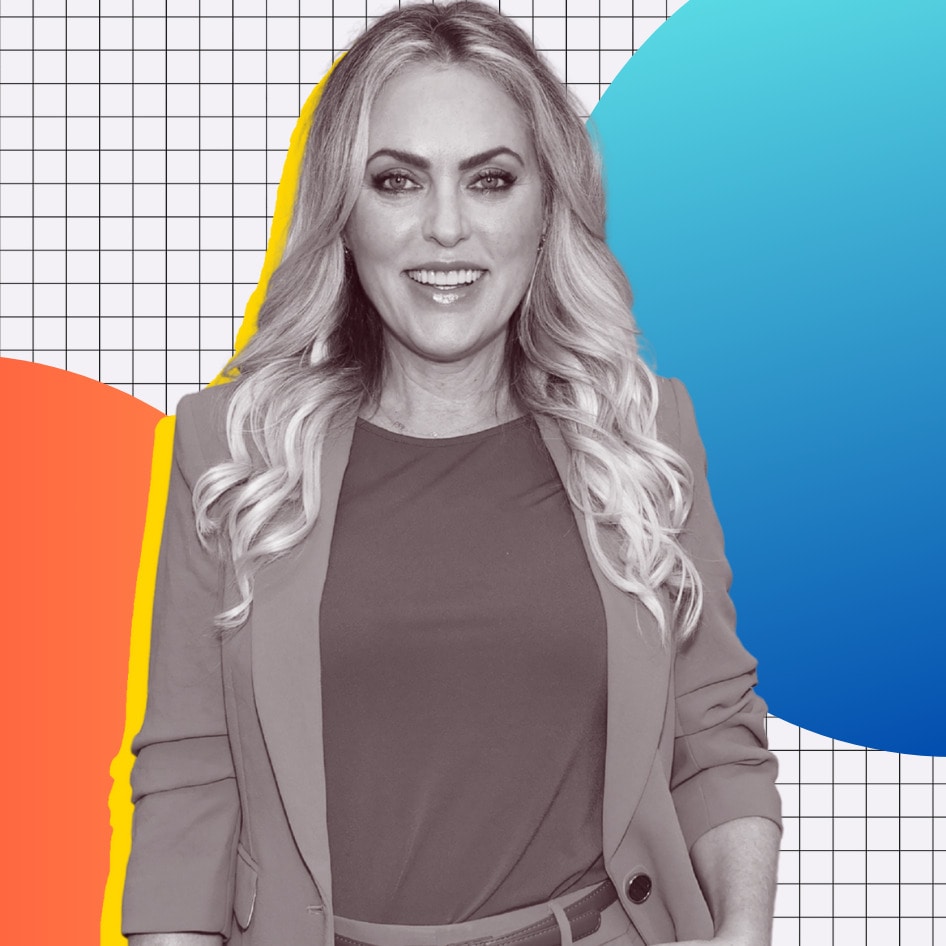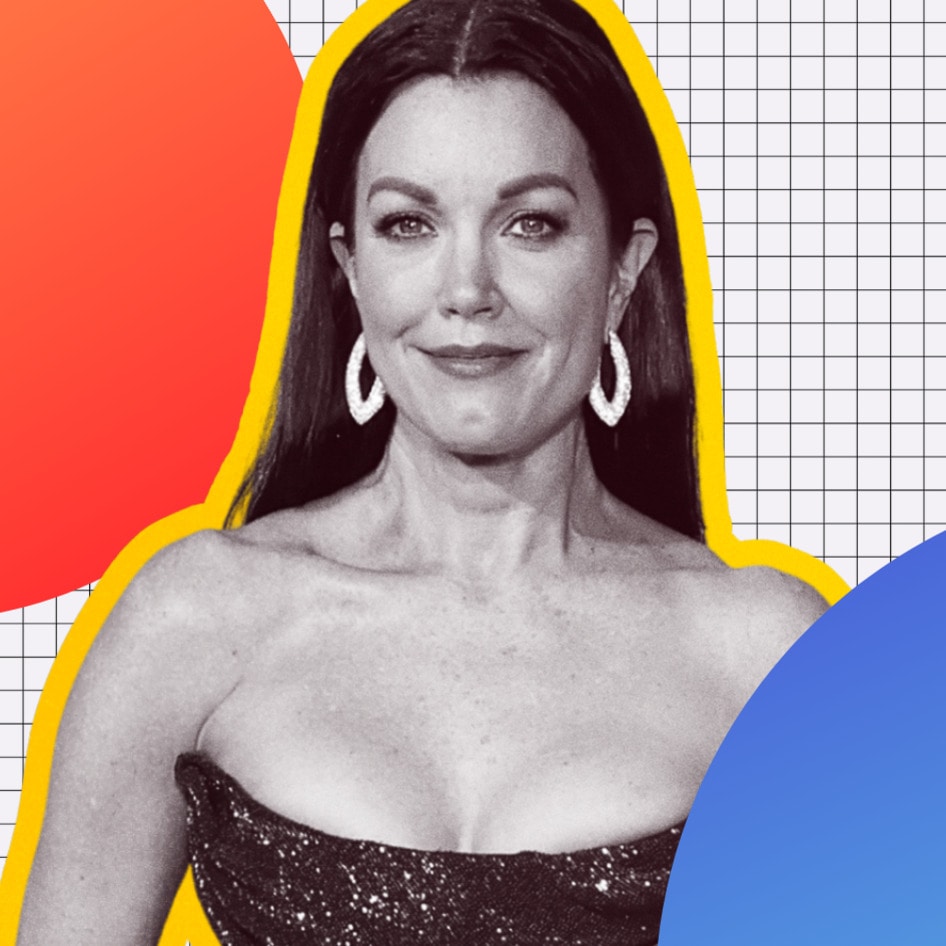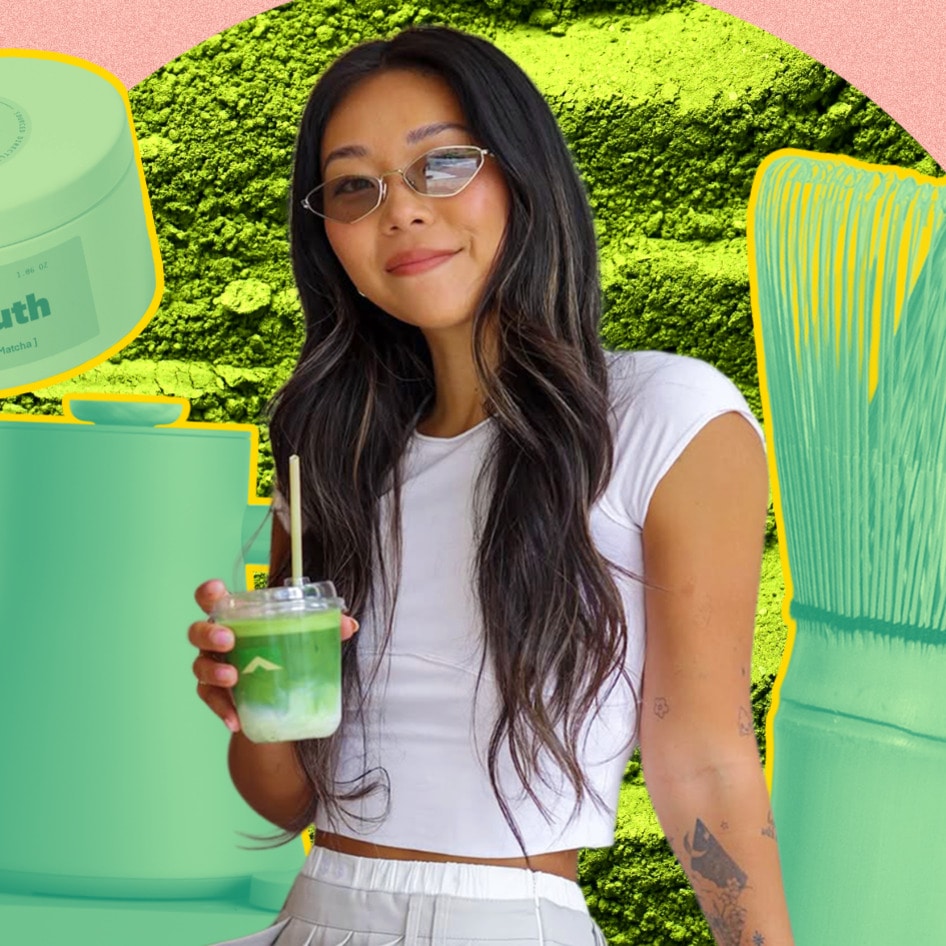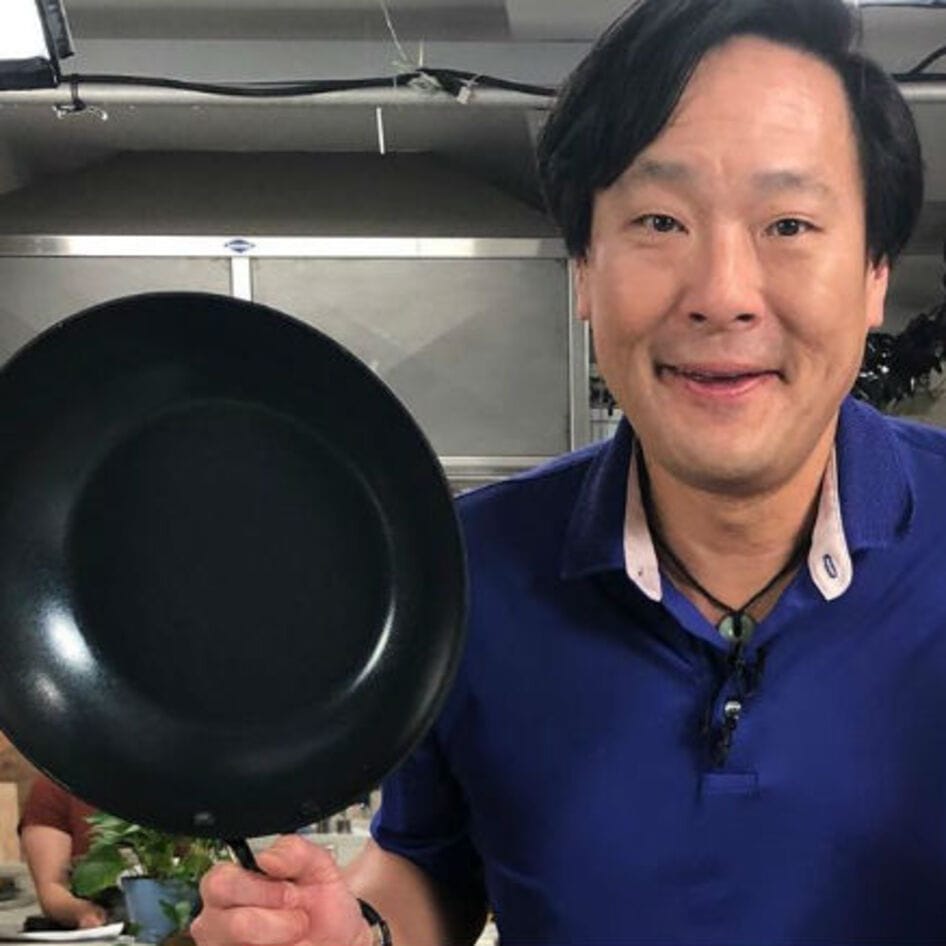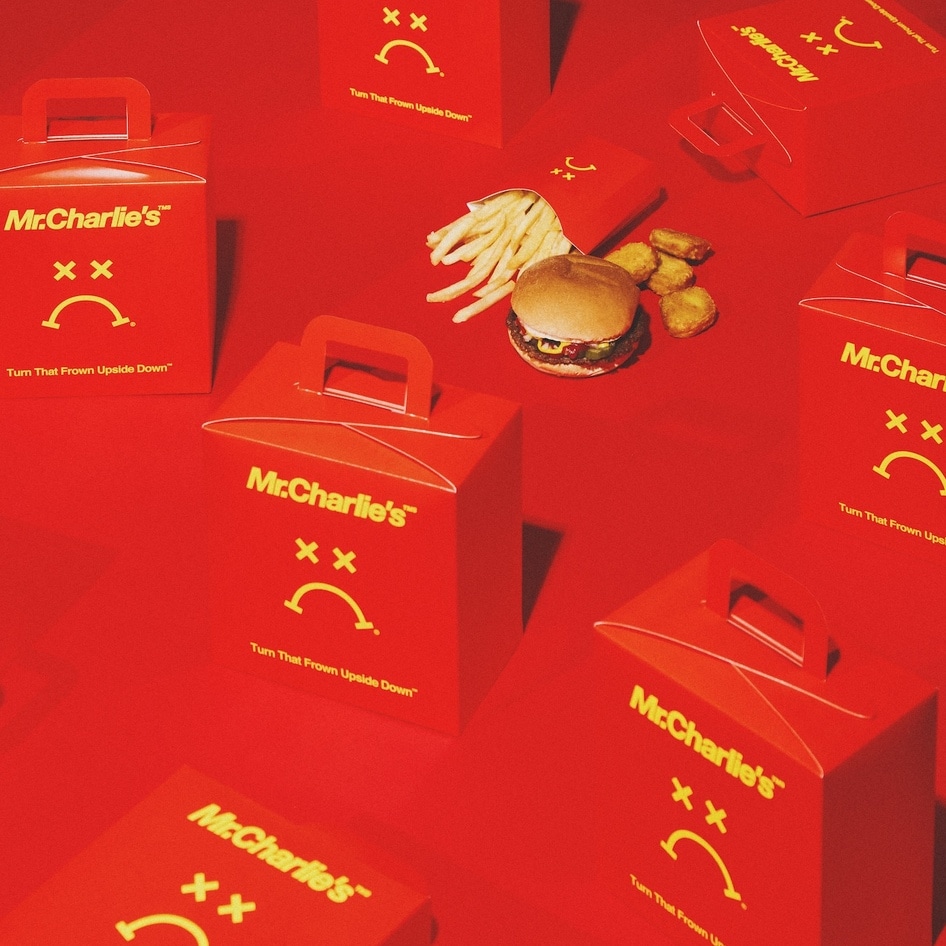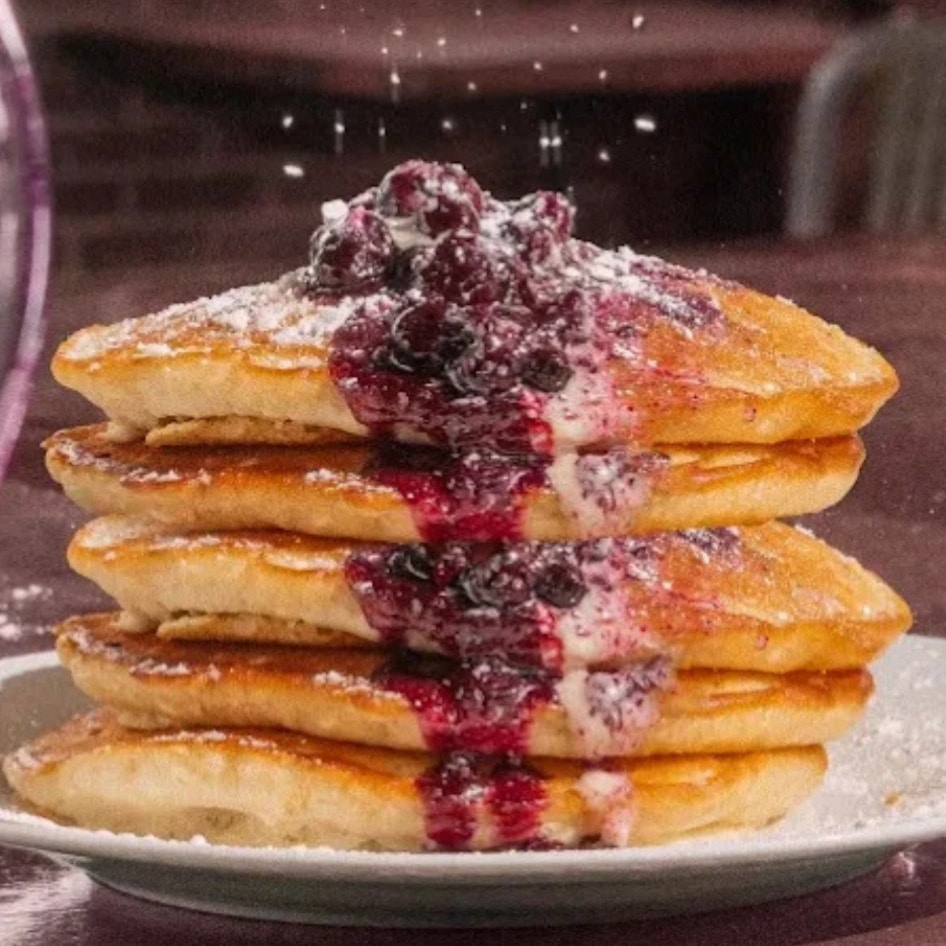His Royal Highness Prince Khaled bin Alwaleed is redefining royalty. A passionate tech enthusiast and investor, clean energy proponent, and ardent vegan, the son of the best-known Saudi Arabian investor is making much more than a dent when it comes to creating a better world for people and animals. With groundbreaking plans to transform the Middle East into a vegan haven by opening 10 plant-based eateries in 2019—not to mention his goal of revolutionizing entertainment by introducing tech-based, cruelty-free immersive aquatic experiences to his homeland—Prince Khaled is on a clear vegan mission, and will stop at nothing to make this world as forward-thinking as his multimillion dollar investments. VegNews’ Senior Editor Jasmin Singer sat down with the Prince to find out how he is using his platform to promote ethical businesses, what he thinks it will take to change the world, and why he looks up to his mom.
VegNews: You have transformed your life in the direction of not eating animals and prioritizing sustainability. Can you lay out that journey for us, and tell us what led you down that path?
Prince Khaled bin Alwaleed: The path was initially prompted by health reasons. Then I began to educate myself more on food sources and how things are made. For example, I realized the leather industry is directly tied to animal agriculture. That’s when I leaned toward becoming vegan as opposed to just having a plant-based diet, and that’s been the case for about five years now.
VN: It seems as if, more than most of us, this transformation must have required a bold departure from other people’s expectations. We all grow up with parental expectations, but as a prince, yours must have been overwhelming. How do you account for your ability to do this?
PK: I think in the beginning of my adult life, there were a lot of expectations, and that steered me towards fulfilling these expectations as opposed to me actually wanting to step into these preconceived ideas of who people thought I should be. About seven to 10 years ago, I moved away from this; I started doing the things that I believed in and felt passionate about. I worked on accepting that I am who I am, not what people expect a prince to be.
I am plant-based, I love tech, I love gaming. I don’t do big homes or fast cars or private jets or anything like that. I try to focus on what’s important to me, and on self-fulfillment—devoting my energy to the things that I love that were buried inside me.
I’m really fortunate to have my father. That really did catapult me to levels that other people might take years to achieve. I would argue that’s a good thing, since I do use my platform to voice what I believe in: a cruelty-free world, a healthy world, and an active world. There is injustice in this world across any number of situations, and I take the responsibility of helping to positively influence people very seriously. I do my best to bring things to light that aren’t always addressed or that need support to gain traction. For example, my interest in health and sports and how they have both impacted my life is something I really use as the President of Saudi Fitness and Wellness Federation. That platform is something that means a lot to me because it allows me to spread awareness on the importance of both a healthy diet and a consistent level of physical activity. Basically, my advice is to use whatever means and influence and blessings that you have for good rather than for meaningless things, and try and focus on what you really love no matter what people’s expectations are.
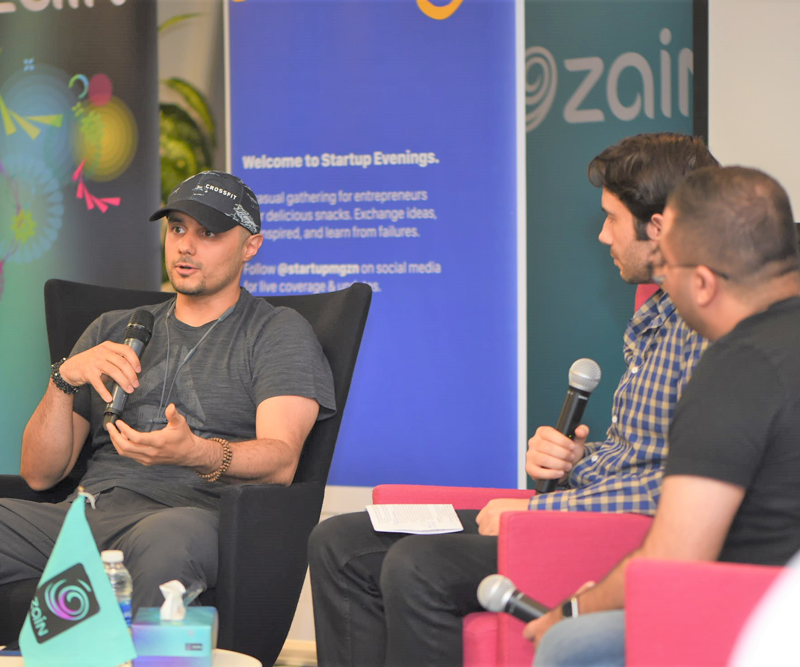
VegNews: You are often referred to as the “Tech Prince.” What does that mean exactly?
PK: Many of my investments at KBW Ventures are, at their core, tech businesses. I truly love it and I am fortunate that work takes me to Silicon Valley on and off throughout the year. It’s amazing being exposed to the world’s leading VCs and all of the startups; just meeting entrepreneurs and being in that ecosystem really gets the juices flowing, for me at least. I started actively investing in early stage companies until I met a friend, now my partner, John Backus. We’re partnered in a fund called PROOF that has a network strongly represented across the major US cities and that sources some of the best early-stage deal flow. That’s how a lot of my access came about; we’ve landed some really great investments ranging from AI to fintech to clean meat and even retail.
In my early career, I did a lot of things around banking and other financial sectors. I left that world and started a more active role in what I like to call the “Hard Hat” sectors like real estate, construction, manufacturing, architecture, and more. There’s a truly capable CEO, a dear friend, who runs the show at KBW Investments for all of that segment of my business, and that allows me to focus my energies on my true love: tech.
VN: How does your moral compass and ethics affect your investments?
PK: My ethics definitely dictate where we are going to invest, but not every company we’re going to invest in has to be impact-driven. I definitely do have an opportunistic agenda when considering investments. However, I’ll never invest in alcohol or tobacco or earth exploitation and animal agriculture of any kind, obviously. When it comes to what I would invest in, we look at technology and how it is paving the way for companies developing plant-based products and clean meat alternatives. The people reading this interview don’t need me to tell them about my love for Memphis Meats and Beyond Meat; both are fantastic businesses. If you haven’t yet tried JUST Egg, you need to head out there and ask for it. The more we request these products, the greater the market takes notice of the opportunity cost. On the flip side, by not having these alternatives ready for sale and consumption by consumers, these businesses that aren’t stocking plant-based alternatives are missing out on revenue.
Still on the topic of tech businesses that are also ethical, Geltor—co-founded by CEO Alexander Lorestani—developed a plant-based collagen called N-Collage that recently won an award for being the first ever high-performance collagen for cosmetics that is 100-percent vegan. The market opportunity for Geltor’s N-Collage is limitless; collagen often comes from pigs, and that isn’t halal nor kosher. People would drop these products in a heartbeat if they knew that there were elements taken from pigs used in production! Millions of people would automatically switch to a product just for the simple fact that is it certified plant-based and pig-free. Geltor made such an impact on me that I broke my own rule of not going in at seed stage.
VN: Let’s talk about meat. Plant-based or clean?
PK: For me, my investment interests are in both. Tech is used to create better plant-based products that taste and feel authentic. I think for the future though, it’s clearly clean meat. Clean meat is much more scalable than plant-based proteins. It’s 100-percent clean with no hormones, and it’s better for the environment, preventing millions of animals from enduring lives of suffering. If clean meat is done right, people may end up opting for it at the supermarket for the simple fact that it tastes good with none of the drawbacks that traditional meat has.
At some point, a breadmaker was revolutionary. We’re years away from this now, but in the future, people may be available to cultivate and culture their own meat at home.
VN: What products do you see as most promising and what are you investing in?
PK: One of the most interesting and pivotal companies that I have in my portfolio is Prolacta Bioscience; it develops products made for premature infants in neonatal intensive care units. Basically, Prolacta’s science develops human milk-based nutritional products for super preemies. It is not a consumer product, it’s strictly for use by healthcare professionals in neonatal units, and they are the leaders in the lacto-engineering space. This is another tech solution that I’ve invested in that prevents the use of animal products. Some of the most reputable hospitals have onboarded Prolacta products for their neonatal programs giving that option to parents if they decline products that use cow milk. It has proven results; it is based on strong science with irrefutable evidence that I encourage everyone to get educated on.
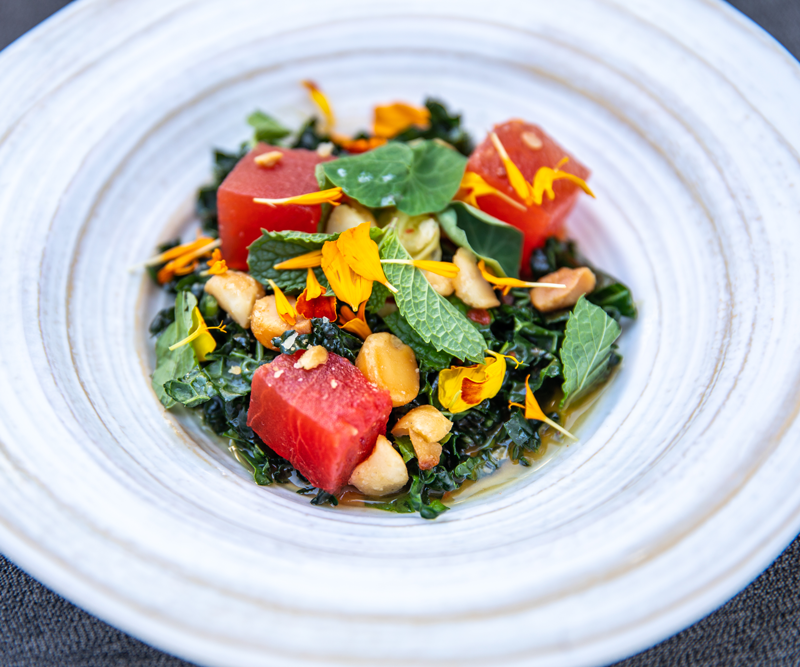
VN: Tell us about your plan to open 10 vegan eateries in the Middle East. And what is the Folia project you are working on with Matthew Kenney?
PK: There are a few different channels at work here; one is franchising. We launched Plant Café in Bahrain, and I love the concept. We’re amongst the first in the space in the Middle East, and it appeals to both vegans and non-vegans in terms of dining. We have a differentiating factor: great quality and an inventive culinary approach that brings taste and value to the table. The concept lends itself to different markets; we’ve had a lot of interest from Saudi, Jordan, and Kuwait already for franchising, and as these plans materialize, we’ll be sharing the news. Another way we’ll spread the concept is through hotels and by offering dedicated menus at existing high-caliber venues, similar to what was done with Folia and the Four Seasons Los Angeles at Beverly Hills. The outlets and the dedicated menus are both getting significant interest, and I’m looking forward to seeing this grow.
Folia actually began with a conversation with the hotel’s management—it was a forward-thinking move on their part. I went to Matthew Kenney with it and we worked on the idea that we could transform what a luxury property serves as health food. Basically, we wanted to explore this market niche and make it delicious enough that it would become an opportunity to present amazing plant-based cuisine to everyone, not just vegans. It’s about giving consumers the opportunity to eat well without sacrificing great taste and experience.
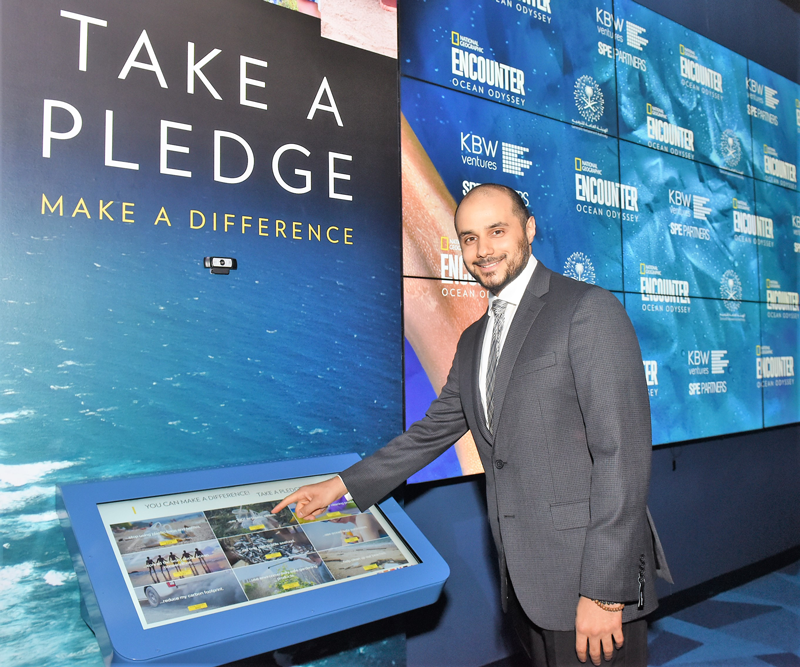
VN: Your interests are certainly not limited to food. Tell us about your work with National Geographic Oceans Odyssey. What drew you to that project?
PK: The opportunity arose when I was New York. They had invited me to experience what Oceans Odyssey was like—everything was so engaging and exciting and so much richer than a traditional zoo or aquarium. At that point, I broached the subject of having the rights to bring the concept to the Middle East. The implementation is complex but the idea is straightforward: Nat Geo’s Oceans Odyssey gives visitors unparalleled access to marine life and the world’s great oceanic mysteries. There’s currently a big push in Saudi for high-quality entertainment, and Oceans Odyssey fits in for a number of reasons: it’s a family-oriented attraction that uses tech to both teach and thrill visitors with cinematography done by the world’s greatest in the field. It has the merits of an amazing experience without any of the issues that come with poorly funded traditional zoos, showcasing animals torn from their natural habitats and caged. Also, a bulk of the attractions in Saudi are outdoors, meaning that they need to shut down for about five months of the year due to the high heat, and I can pretty confidently say that the experiential factor from the leading tech in entertainment will not only satisfy visitors, it will blow them away.
VN: What kind of world do you see your children living in when they are your age?
PK: What kind of world would I like or what kind of world would I like to see? I’m working towards helping others achieve a better world for my children when they are grown. It’s hard to predict where things are going. There is a lot of resistance to common sense issues like deforestation, byproducts of the petroleum industry, factory farming, and recycling. We’re all working towards the same goal; the well-intentioned are working for a better world and to protect the environment. We are now seeing the results of climate change: extreme weather events and dramatic shifts in the scale and scope of natural disasters. It is hard to distance yourself from that reality and label everything coincidental or refute science. I am working for a much kinder, gentler and healthier world for my kids to be in.
VN: Do you see religion playing a role in shifting the planet into a better place on these issues, or is religion holding people back? Or both?
PK: It depends on who you ask. I don’t know if religion plays a role. People definitely play a role, based on how they take in information and how they react to and act on that information. People are gravitating toward a better and more accepting world; they are increasingly aware, and it is growing daily. And that’s the kind of world I want to live in.
VN: Is it true that your father, His Royal Highness Prince Alwaleed, has now gone vegan?
PK: I introduced the book How Not To Die by Dr. Michael Greger to him in August of last year, and then he went fully vegan in January of this year. My mom is 100-percent vegan now as well. It’s a beautiful thing I’m experiencing when it comes to my immediate family.
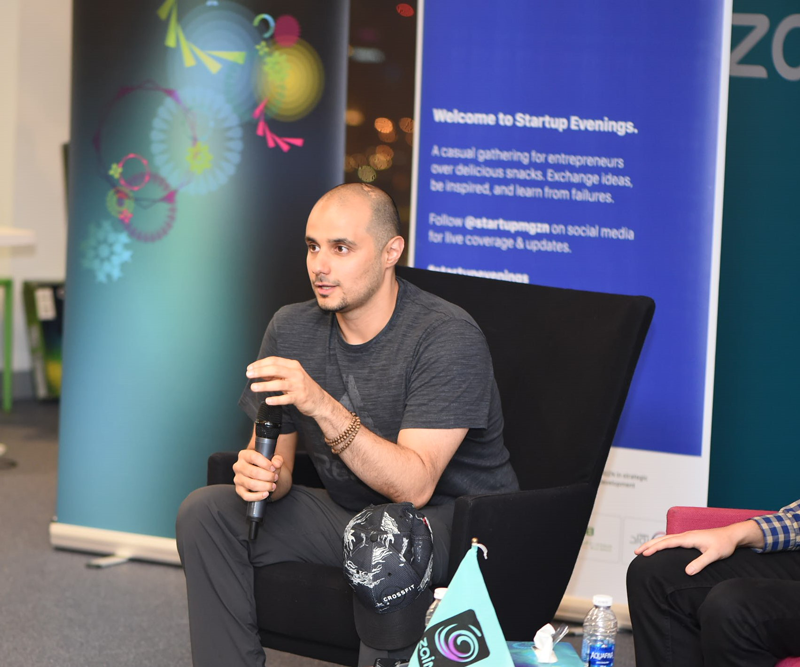
VN: You were born into both a leadership role and into access to wealth. What special responsibilities do you think this brings with it?
PK: I was privileged to be born into the Saudi royal family, but it hasn’t played a role in my business life in the way you might think. The responsibility that I have is clear. It is using whatever influence I have to positively contribute to the world however I can, and I’m definitely pursuing what I’m passionate about. Was I born into leadership or power? No, as I don’t hold a governmental role.
In terms of wealth, my immediate family gradually evolved over time. My father became who he is today through a lot of hard work and commitment over the years (admittedly, being a member of the royal family definitely didn’t hurt). I worked with my father until 2008, and then with his blessing I started my own businesses. Thankfully, now, I have KBW Investments and KBW Ventures, and I’m working with a bunch of other companies as well. That isn’t to say everything was always great. I failed miserably in a few startups, and I took those lessons and applied them to situations and opportunities later on in my investing career.
Living with my dad did, of course, instill in me a lot of ethics and beliefs in terms of success and how to navigate new ventures, the same way that living with my mom shaped a big part of who I am today.
VN: You were shaped to some extent by an accident when you were quite young, in which you were seriously injured. What happened, and how did that affect you?
PK: When I was 14—like every 14-year-old does—I was doing crazy stuff that all teens do. I was on a jet ski stunting, and one day, it didn’t work out for me too well. I fell off the jet ski, hit my head on the jet ski, crushing my skull and paralyzing my right side. We were in the south of France then; I was rushed to a local hospital for them to assess the situation, and it was clearly bad, because I couldn’t move my right side. Like any 14-year-old, I was oblivious to how serious it was. I guess I was indifferent or in shock, because I remember thinking that it would be a few weeks and I’d be back at it. They helivaced me to Marseille where, coincidently, the only neurosurgeon in the hospital was on vacation. Oddly, he came back early from vacation for the first time in his career. So I had the surgery and slowly my arm came back; to this day, my leg is not fully back. My leg will never be 100-percent back. It took intense therapy for three years. I only realized how serious it was until I woke up after the surgery and I saw my mom and my sister crying.
Coming back to your earlier question, in this case, my father’s position did help as he was able to fly in the best neurosurgeons in the world. Out of 10, nine said that the best-case scenario is that I should get used to walking with assistance—like a cane—or be prepared to live in a wheelchair. One doctor, Dr. Joe Maroon from Pittsburgh, said that with a lot of hard work and physical therapy, I could get back to normal. I owe my recovery largely to him and the amazing team I had for physical therapy: Lyn Friese, Debbie, Joe Donnelly, and Aaron Littleton. I’ll never forget these people; they helped me appreciate life and the little things you overlook when you’re okay, such as what it means to be able to walk, and the mechanics of the human body. I was walking without a cane at one year, but limping badly. After three years, I quit physical therapy and just went into fitness. I played a lot of sports, but never did weight-lifting and that kind of stuff until then.
For sure, one of the times that I will never forget is when I was in bed in the hospital, and for the first time after surgery, they tried to get me out to walk. When I say “walking,” I mean that in the loosest definition possible. Two guys were holding me up and I was swinging my leg forward and putting my weight on it and so on. I looked up and saw my dad holding his head and crying. You know you always think your dad’s a superhero—nothing fazes him—so seeing him like that really hit me. It was a surreal moment. A lot of gratitude goes to God first for my recovery, and to my dad for doing everything possible to make it happen—and to my mom for her support. The number one thing that motivated me was wanting to play soccer and tennis again. I was competitive, and I really wanted to get back into that lifestyle.
VN: Who inspires you?
PK: My mom inspires me. I’ve learned so much from her about being kind and being an all-around good person.
My mom holds the trophy when it comes to who inspires me the most. She’s taught me a lot about attention to detail and being humble and always being down to earth.
Obviously my dad, in certain aspects of business, is inspiring. He has been hugely influential over the course of my life. In business in general, I’m inspired by people who use their investments to create positive impact; where you put your money is extremely important. Invest in business models that help to create the kind of world that you want to see.
Jasmin Singer is the Senior Editor of VegNews, the co-host of the Our Hen House podcast, and the author of the memoir, Always Too Much and Never Enough.
JUMP TO ... Latest News | Recipes | Guides | Health | Subscribe
